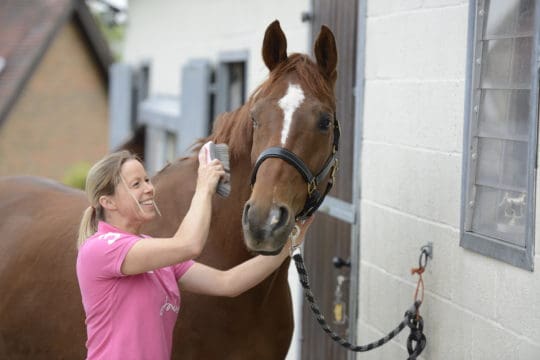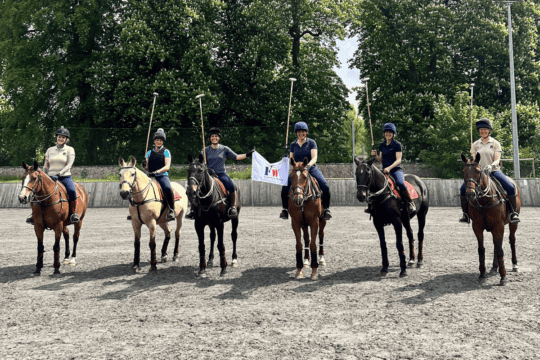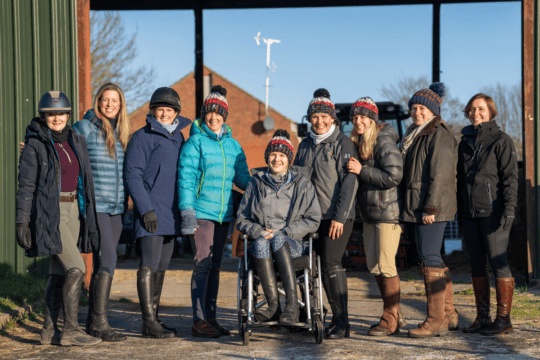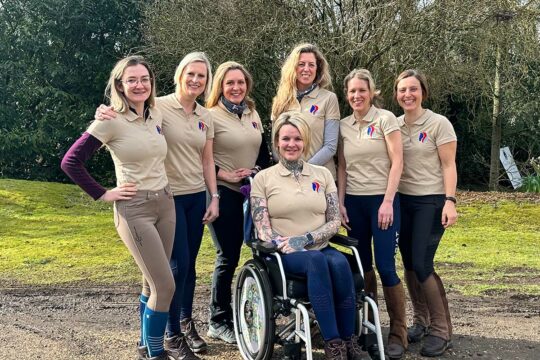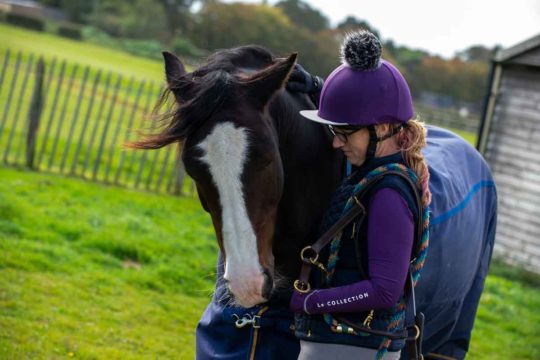
Most Read Articles
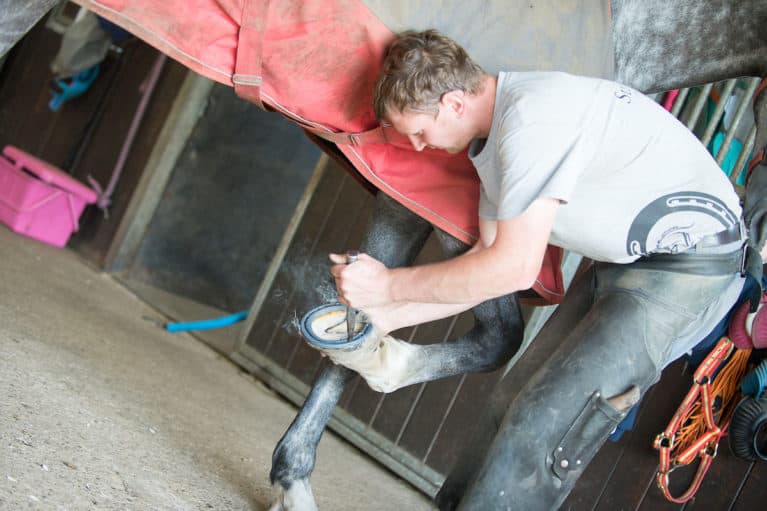
As of this week, the UK is in lockdown in a bid to halt the spread of a new coronavirus, which causes the disease COVID-19. The rules are simple – only go outside for food, medicines, one session of exercise per day or work where it’s absolutely essential to do so. But, what does this mean if your horse is due the physio or farrier, or if his six-month flu booster is imminent?
We’ve rounded up the advice from routine practitioners’ governing bodies to shed light on the situation.
Farriery
DEFRA and The Farriers Registration Council’s (FRC) have agreed an interpretation of the Government’s guidelines is “that registered Farriers can continue to provide essential services to equines” provided that farriers maintain a 2m distance away from all humans, regularly wash their hands and immediately adhere to NHS guidelines should they begin displaying symptoms.
David Hall, Chairman of the FRC, emphasises the fact that it is each owner’s responsibility to take sensible precautions and adhere to Government and NHS guidelines as best as they can: “This isn’t a ‘business as usual’ scenario. We’re asking that only essential farriery is performed, and that owners allow farriers to use their judgement as to what is classed as essential. Not every appointment is – some horses might be able to cope with an extended cycle, whereas for others this would cause long-term damage. It’s for the latter cases that farriery is most vital.
“Remember that it’s peoples’ welfare is at the heart of these precautions – not just that of yourself and your farrier, but of the wider public, too – and this must be balanced with equine welfare. By taking the necessary measures, you’ll be saving lives and protecting the health service from becoming overwhelmed
The British Farriers and Blacksmiths Association (BFBA) agreed with the advice of the Farriers Registration Council, and with representatives from BEVA, the Horse Trust and World Horse Welfare who deem farriery as essential work. Practising farriers should consider each appointment according the following traffic light system…
- redmeans crucial hoofcare where missed appointment would have “serious detrimental effects”. Farriers should attend red appointments
- amber means cases a farrier should consider delaying where possible. The timing of regular hoofcare appointments is an important factor in maintaining soundness, but amber cases won’t have the urgency of a red case. However, the farrier must consider how far an appointment can be delayed without the equine becoming a red case
- green means a non-crucial hoofcare appointment that a farrier shouldn’t attend. These include equines whose hoofcare cycles can be easily extended without any long-term detrimental affects
The BFBA added that farriers should call ahead to verify that no-one present at the appointment has symptoms, or has been in contact with anyone who is ill. Furthermore, no more than one owner or carer should attend appointments and they should adhere to the 2m minimum distance observed.
Equine physiotherapy
In light of the government’s new lifestyle guidelines, the Register of Animal Musculoskeletal Practitioners (RAMP) has advised all its practitioners to “cease the therapeutic assessment and treatment of animals with immediate effect.”
Meanwhile, The Association of Chartered Physiotherapists in Animal Therapy (ACPAT) has also urged its members to cease all physiotherapy on animals – unless there is a clinical reason that treatment is “essential for the welfare of the animal.” If a treatment is provided, social distancing guidelines must be adhered to and “all of the previous Government advice on infection control should be followed.”
Equine veterinary practices
The Royal College of Veterinary Studies (RCVS) has stated that veterinary professionals should only travel to see animals where essential. This means “animals should only be seen in emergencies or where, in the judgement of the veterinary surgeon, urgent assessment and/or treatment is needed in order to reduce the risk of patient deterioration to the point where it may become an emergency in the near future”.
The RCVS added that veterinary practices “may open where necessary”, but that face-to-face contact with clients should be kept to a minimum.
The British Equestrian Veterinary Association (BEVA) stated that while they will maintain a “24-hour emergency service” for equine patients, “all non-essential and routine work should be stopped.” This includes…
- pre-purchase examinations
- routine dentistry
- routine health checks
- poor performance / mild lameness examinations
- six-month influenza booster vaccinations
BEVA added that all other influenza booster vaccinations should be halted for a month, before being reviewed. They’re also currently in discussions with equestrian sport governing bodies to address “minimis[ing] the longer-term impact of temporarily reducing / halting influenza vaccinations.”
What you can do to help
If your horse has an upcoming appointment with an equine professional, consider…
- calling ahead and discussing your appointment – it might be that the professional’s visit can be put on hold for the time being
- whether you need to attend the appointment – if the professional is familiar with your horse and yard, they may be happy to work without your supervision
- avoiding holding your horse for the professional – instead, tie him up (perhaps with a haynet to keep him occupied) and stand at a safe distance of at least 2m while they work

